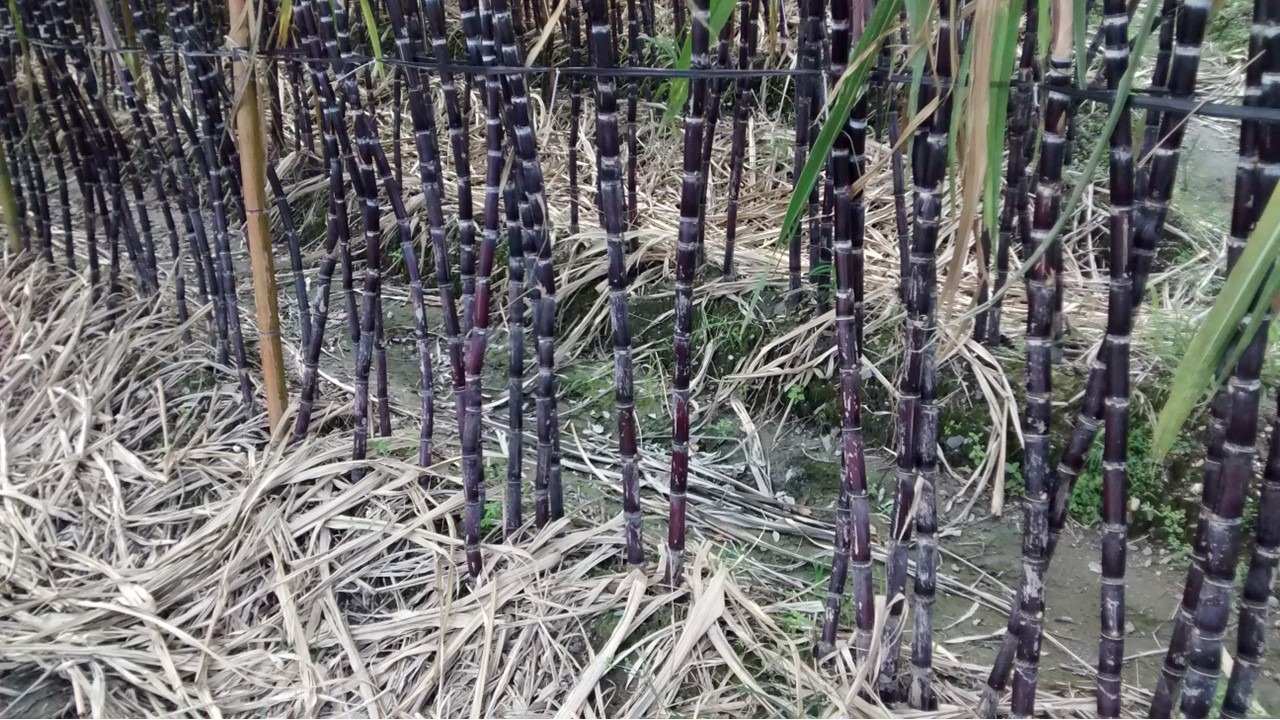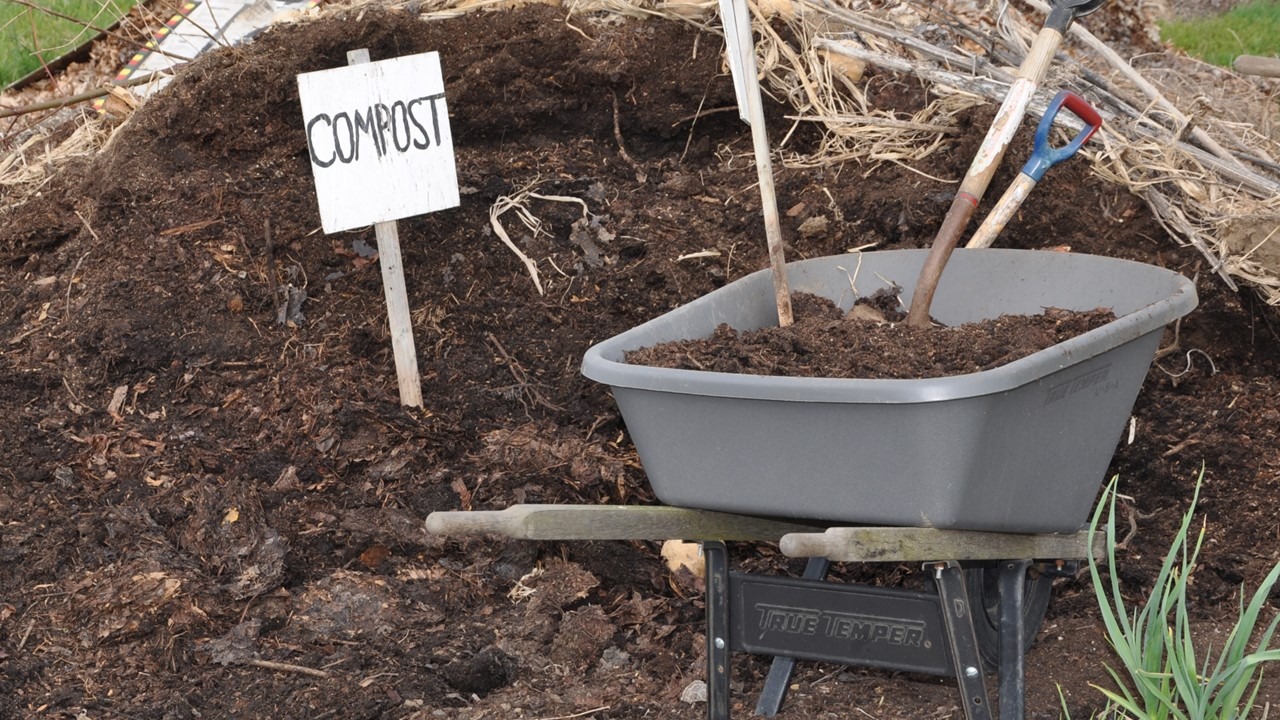
Sugarcane fiber straws made from bagasse have Taiwanese characteristics, not only are they divided into small and large sizes, but also angle cut. The bottle is filled with raw material particles. (Photo by reporter Feng-Li Chen)
(Reporter Feng-Li Chen / Nantou) Agricultural waste can be compost and creative products! A group of young people collected bagasse to make sugarcane fiber straws, which are not only natural and safe, but also decompose in the soil, it has applied for a patent and mass-production, the team also rejected to buy out the technology at a high price from Chinese merchants and insist on R&D in Taiwan!
Pressing techniques using polymerization processes have been patented
“100% ZHI (/Plant/)” is a brand founded by a team of young people with a R&D office at Central Taiwan Innovation Campus, MOEA in Zhongxing New Village. Last year, the brand started to develop plant-based materials to make disposable tableware from bamboo, and is currently undergoing tests in the US and Australia to obtain certification. The brand’s concept of replacing plastic with plant fiber impressed the French, who are banning plastic straws this month and will ban plastic altogether by 2020. The founder of the invention, Chien-Chung Huang said the team is currently negotiating with French wineries to develop plant fiber products from spent grain and grape pomace.
In fact, using a simple polymerization process could be used to press the bagasse into polymerized particles to make straws, but at the beginning of the raw materials to the plastic factory to make straws, it was rejected by the factory “unusable”, which had to ask the factory to modify the machine, and after several tests, the sugarcane straw was finally succeeded in producing sugarcane straws that would not break even when exposed to a low temperature of -20 degrees, he said.
Collaboration with French wineries to develop plant fiber products
Sugarcane fiber straws have been patented and can be in mass-production. In the past 2 months, the team has received more than 20 invitations from Chinese merchants to buy out the technology at a high price, but they have all been rejected. Chien-Chung Huang laughed and said, “We actually want to make money too, but we want to cooperate with the world from Taiwan!”
He also said that in response to concerns about marine pollution, the NTOU has been asked to conduct research experiments on the decomposition rate of plant straws in seawater and the degree of digestion in fish intestines and stomach, hoping that it will be friendly to the earth and the sea.
After understanding the manufacturing process of replacing plastic with plant fibers from agricultural waste, the chairman of the Rural Development Foundation, Mr. Zhi-Cheng Hsieh, considered the product practical and responsible for the earth, and very positive about the team’s efforts.

Chien-Chung Huang makes tableware from bamboo fibers. (Photo by reporter Feng-Li Chen)

Chien-Chung Huang(middle) and his partner show the sugarcane fiber straws. (Photo by reporter Feng-Li Chen)













